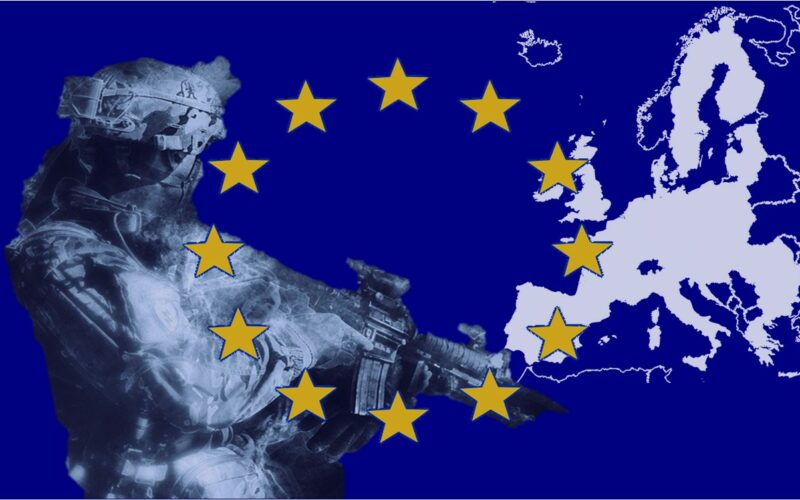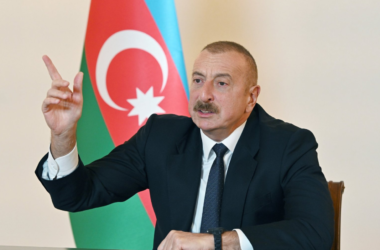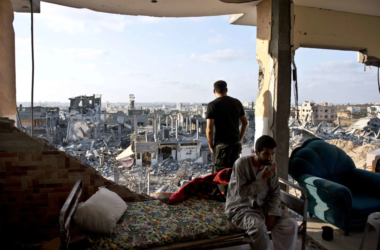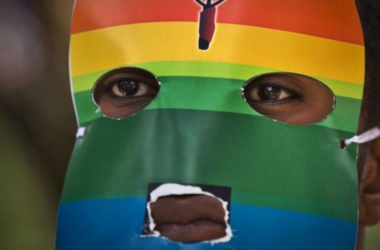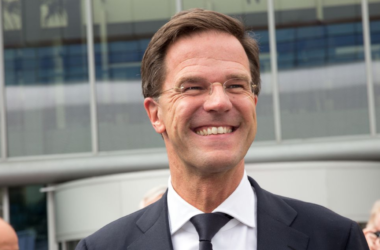European Union defense ministers are convening in Brussels on Tuesday to discuss increasing military aid to Ukraine. This meeting highlights a renewed effort by several EU states to enhance support for Ukraine, despite ongoing resistance from Hungary, which has been blocking military aid.
This push has intensified as Ukraine faces significant challenges in the third year of the conflict. Kyiv has been actively seeking more weapons and ammunition from its allies to counter the Russian offensive.
Ukrainian President Volodymyr Zelenskyy is currently on a two-day tour of Spain, Belgium, and Portugal to secure additional support. During his visit, he has already received several commitments. On Tuesday, Belgian Foreign Minister Hadja Lahbib announced that Belgium would supply Ukraine with 30 F-16 fighter jets, with the first deliveries expected this year. This is part of a security agreement that includes at least 977 billion euros ($1.06 billion) in military aid.
Belgian Prime Minister Alexander De Croo emphasized the necessity of providing better and faster arms to Ukraine, adding that training was already under way for Ukrainian pilots on Belgian F-16s.
Similarly, Zelenskyy signed an agreement with Spain on Monday, securing additional air defense missiles.
Dutch Defense Minister Kajsa Ollongren also announced on Tuesday that the Netherlands would deliver parts for a Patriot air defense system to Ukraine. She mentioned that the Dutch government is coordinating with other countries to send additional parts to complete the system. “Ukraine is also fighting Europe’s fight,” she said.
Ukraine has been urging its allies to send more air defense systems. Ukrainian Prime Minister Denys Shmyhal is scheduled to meet with a group of EU leaders in Prague to discuss a Czech-led initiative aimed at providing ammunition to Kyiv. Czech Prime Minister Petr Fiala confirmed that the first deliveries of ammunition procured through this initiative, which sources supplies from outside the EU, are expected to reach Ukraine in June.
Despite this, approximately 6.5 billion euros in military aid remains stalled due to opposition from the Hungarian government. Hungarian Prime Minister Viktor Orban, regarded as Russia’s closest ally within the EU, has used Hungary’s veto power to delay funds intended to bolster Ukraine’s defense.
EU leaders have expressed increasing frustration with Budapest, which has also impeded payouts from a central EU fund designed to reimburse member states for weapons sent to Ukraine. Additionally, Hungary’s obstruction threatens to delay the spending of billions more in interest from frozen Russian Central Bank assets, which the EU anticipates starting to receive in July.
Hungary also opposed Dutch Prime Minister Mark Rutte’s candidacy for NATO Secretary General citing his past comments about bringing Hungary “to its knees.” Foreign Affairs Minister Péter Szijjártó said on May 27: “We Hungarians advocate for peace and do not support any measures that would increase the risk of war escalation… We want peace as soon as possible because only peace can save lives.”
EU foreign affairs chief Josep Borrell stressed the importance of overcoming these internal obstacles, stating, “We cannot let European military support to Ukraine be taken hostage by other decisions which have nothing to do with this specific issue.” He added, “Especially given the urgency of the situation – Ukraine needs the arms now.”
However, with the talks about sending the weapons come the talks on how to use them. Countries like Germany and USA has been cautious about using the armaments for strikes against targets deep in Russian territory especially with the warning from Vladimir Putin. Others like France and Poland are apparently willing to go as far as to deploy the troops with military advisers already present in Ukraine and footage of fallen soldiers wearing French patches circulating the social media.
This division shows the lack of understanding on what and how to do next with the thought of peace talks seemingly being on the far periphery. This is why to avert a disastrous escalation of the conflict positions like Hungarian are the most adequate.




